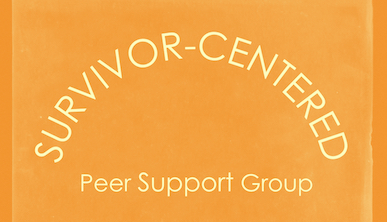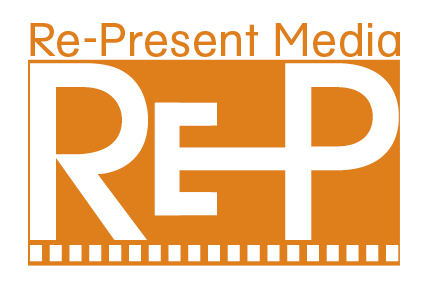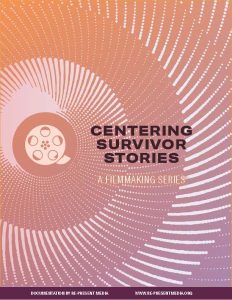SURVIVOR-CENTERED FILMMAKING PRACTICES
We advocate against exploitative filmmaking and share best practices in working respectfully with survivors of trauma.
Campaign Activities
Centering Survivor Stories
Centering Survivor Stories is a robust summary of a collaborative four-part workshop series focused on better working practices with survivors of sexual violence and abuse in documentary film. It highlights the discussed best practices, strategies, and lessons that you need to know as a documentarian.
Advancing a Global Human Rights Approach to Media Accountability
By Sherizaan Minwalla, Founder of Taboo LLC
Global attention on unethical media practices has intensified in recent years, leading to greater scrutiny of harms such as stigma and retaliation that occur to sources and participants. Media makers are striving towards greater accountability through a framework where working with survivors is based on informed consent and other trauma-informed, survivor- and community-centered practices. These principles are the basis for guidelines such as those set forth in the Murad Code applied to documenting sexual violence in conflict and the Dart Center Europe’s guidelines for Reporting on Sexual Violence in Conflict. However, these are not legally enforceable rules. Beyond ethics, participants in the media need legal protections. We encourage filmmakers to integrate informed consent into their filmmaking practices, while ultimately working towards societal and legal accountability. The concept of informed consent as a legal requirement is rooted in ethical principles to ”do no harm” and safeguarding the rights of participants in medical research, starting with the Nuremberg Code of 1947 which has been codified in U.S. laws, making informed consent a legal requirement for doctors, lawyers and other professionals working with human beings.

Our Centering Survivor Stories series brought together filmmakers with a shared passion for centering the perspectives of sexual violence and abuse survivors in documentary films. Several filmmakers who attended expressed a desire to connect with others who are facing the same challenges with their projects. They formed a survivor-centered peer support group to continue discussions of the complicated questions involved in this work.
The group focuses conversations on issues specific to working with survivors and in a way that respects the agency and rights of the survivors. The meeting format includes a check-in, where everyone can talk about what they are working on and what issues have come up, followed by a deep dive on a specific topic that they selected.
If you are interested in joining the group, please fill out our contact form.
Additional Resources
Murad Code
A global code of conduct for gathering and using information about systemic and conflict-related sexual violence. The Murad Code project also contains practical guidance to the code, survivors’ charter or survivors’ perspectives documents, and “survivor’s guide,” a toolkit for survivors which will assist them to better understand and demand respect and protection for their rights during documentation processes.
Silence and Omissions: A Media Guide for Covering Gender-Based Violence
A comprehensive guide for journalists and filmmakers for covering gender-based violence created by the Journalism Initiative on Gender-Based Violence at the Center for Women’s Global Leadership at Rutgers University.
Dart Centre Guidelines for Reporting on Sexual Violence in Conflict
Guidelines created by the Dart Centre Europe for how to report on sexual violence specifically in conflict zones.
Dealing with Trauma and Survivors of Trauma
Editorial guidance and policy from the Australian Broadcasting Corporation that is survivor centered, also includes their guidance notes on reporting domestic violence and terrorism.

